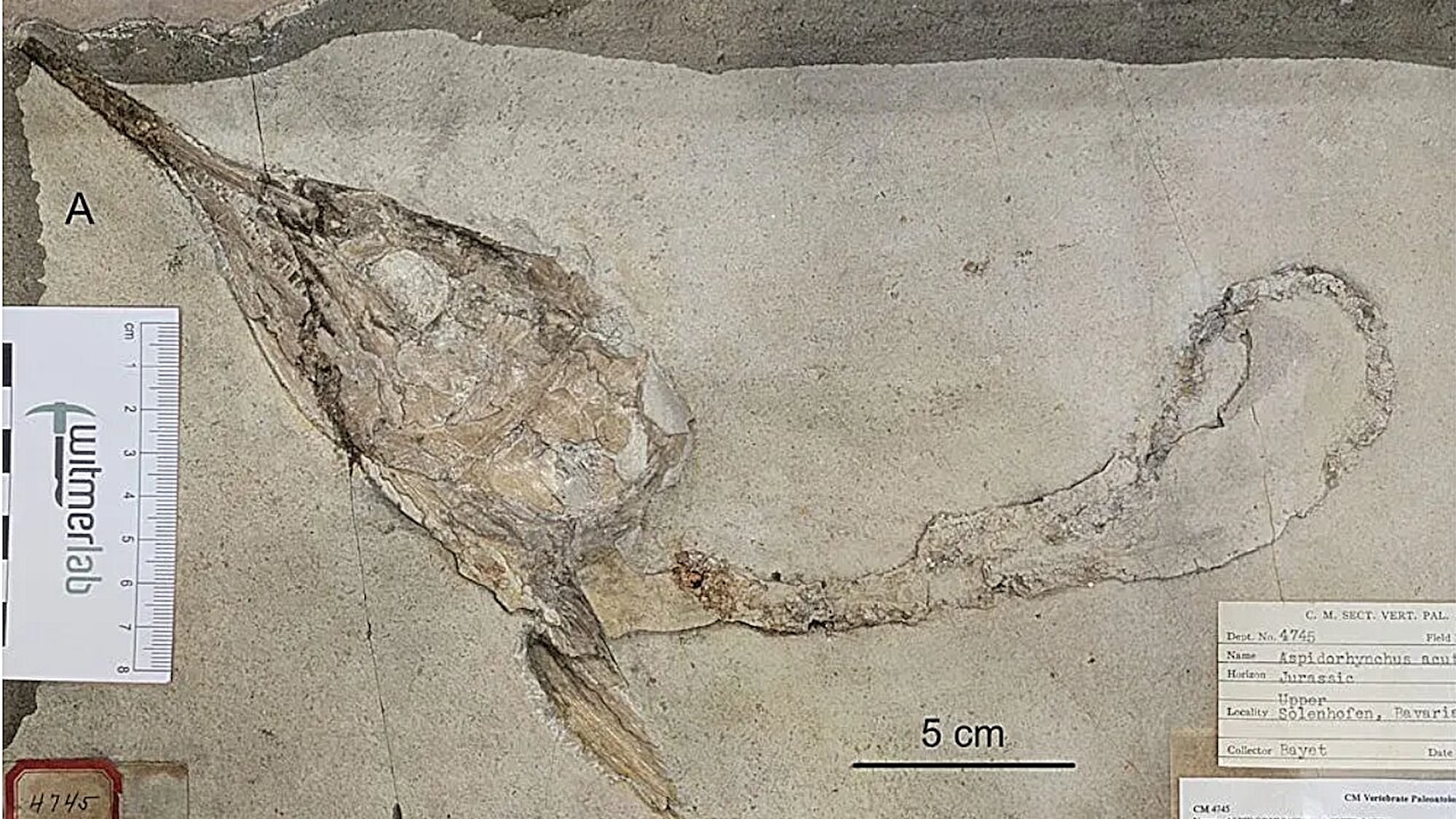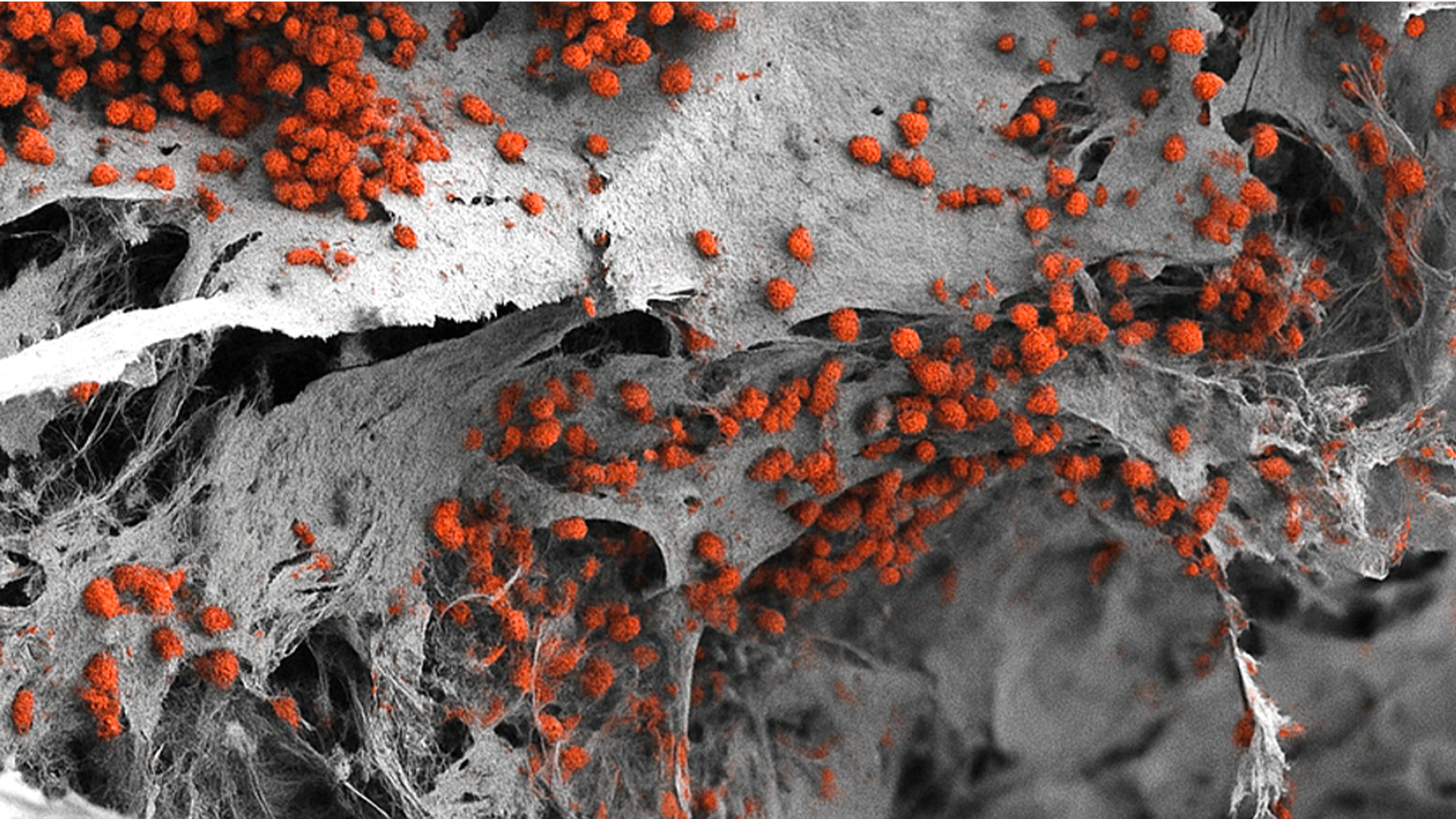Humans sync their blinks and brain waves to a song’s beat
NeutralScience

- Recent studies show that humans naturally align their blinking and brain wave patterns with the beats of music, revealing an innate biological response to auditory rhythms. This synchronization occurs regardless of conscious intention, indicating a fundamental link between music and human physiology.
- Understanding this synchronization can provide insights into how music affects emotional and cognitive processes in humans. It underscores the importance of music in daily life and its potential therapeutic applications, enhancing the comprehension of human interaction with sound.
— via World Pulse Now AI Editorial System




